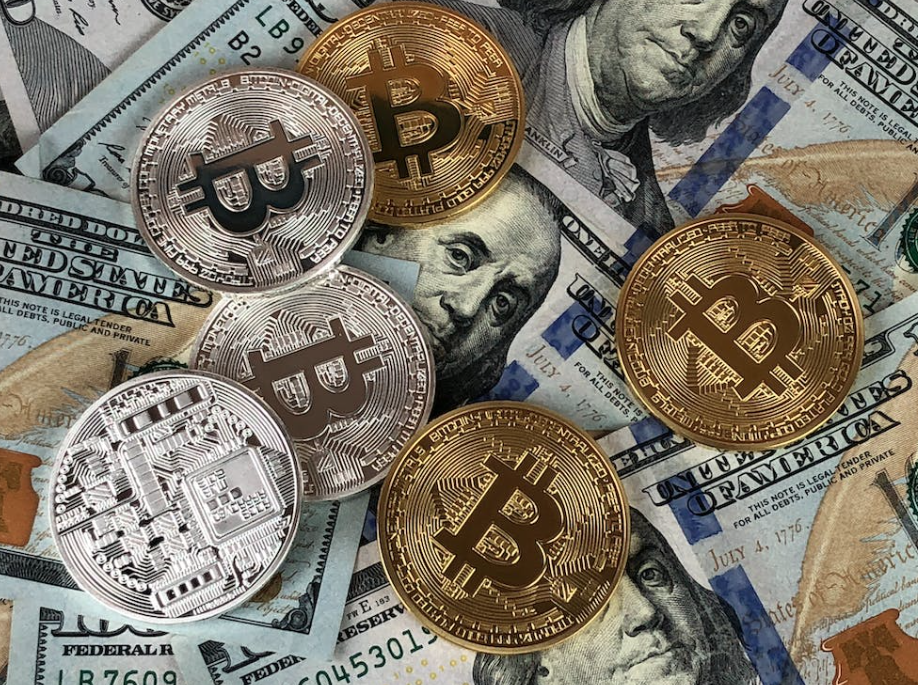The online casino industry has always faced fears of rigged games, unfair payouts, and fraudulent activities. With just one click of a button, a player’s fortune can be made or lost, so trust is paramount. However, over the last few years, the revolutionary technology, blockchain, has been hailed as a beacon of hope to change how online casinos operate and ensure fair play across the board.
Industry Reality: Fraudulent Activities
Online casino fraud is commonly regarded as one of the key threats to industry integrity and the financial positions of players. According to market research conducted recently, it has been observed that about 9% of online casino players have reportedly been scammed, while the amount lost to fraudsters globally is estimated at over $1 billion annually. Prevalence, in this case, implies an average of one player being scammed per minute.
Fraudulent casinos make up 2.5% of the overall number of online casinos, which in turn employ various methods to deceive players. Over 50% of cases were enabled by people using mobiles. An average victim can lose $500, though there can be much worse individual incidents.
Most of the online casino scams have been from outside the United States. This highlights how global the problem is. While these scams are common, only 15% of such cases result in a conviction. The low rate of convictions arises due to the difficulty in tracing culprits coupled with complicated jurisdictions and laws governing online gambling.
Reports of online casino scams increased by 30% during the past year, indicating that the trend continues to grow. An astonishing 70% of victims do not report the incident to the relevant authorities, and this is one of the primary areas where underreporting occurs. Countries with lax regulatory oversight are more vulnerable to such issues concerning online casino scams, as these would become fertile breeding grounds for fraudulent operators.
The average lifespan of a fraudulent online casino operation lasts only about 6 months. This rapid turnover further frustrates the work of any law enforcement agency attempting to pace itself with the ever-changing online casino scams. Moreover, 1 in 5 online gamblers has encountered an attempted scam, which shows that it is one great threat.
The majority of online casino scam victims are between the ages of 25-34, suggesting that younger demographics may be more susceptible to these scams. Identity theft is a common tactic employed by scammers, accounting for 40% of reported cases. To combat this growing problem, the industry and law enforcement agencies must collaborate to develop effective prevention and detection strategies.
How Blockchain Works Its Magic
Blockchain records transactions on a digital ledger and relies on a decentralized network. , the system has no single node or center; therefore, this makes it highly secure and transparent. Online casinos can gain from the blockchain technology in several key ways:
Secure Transactions
Traditional online casino transactions use intermediaries, such as banks and processors. This gives way to several risks, including data breaches and fraud cases that come along with the involvement of intermediaries. In turn, blockchain deploys cryptography to safeguard transaction records. Each transaction is documented in a block and linked to the previous transaction chain. This makes it virtually impossible for hackers to manipulate or reverse any transaction, thus guaranteeing players’ fund’s safety.
Provably Fair Gaming
The fairness of games is one of the most critical concerns within online casinos. Players often feel that the casino might somehow manipulate the results in its favor. The blockchain responds to this concern with “provably fair” gaming. In other words, it allows players to independently verify the fairness of every round. The casino generates a random number to hash and store on the blockchain. The hash is revealed after the game has been played, which forms the basis of verifying that the game was not rigged. The biggest crypto casinos offer provably fair games.
Fraud Detection
The transparency provided by blockchain provides a way of detecting these activities and avoiding them altogether. With each transaction and game result recorded on a public ledger, it would be hard to manipulate the system without anyone noticing. In case any suspicious activity was detected, it would become easy to investigate and handle.
Case Studies: Blockchain in Action
CoinGames became the very first fully licensed decentralized platform for gambling, setting a new bar of transparency and security in online gaming. Blockchain technology and smart contracts come in handy to eliminate any kind of intermediary; thus, players are in full control of their funds.
If you deposit funds at CoinGames, your assets go into a smart contract. Therefore, no third party can touch your transaction. You are assured that when it comes to deposits or withdrawals, it is fully yours. Smart contract technology can get around typical online casino delays and make instant transactions possible.
All the transactions and activities carried out in CoinGames are recorded on a blockchain ledger, which is publicly available. Therefore, the transparency of that ledger places players’ trust and confidence at very high ranges. Also, CoinGames offers an automated swap process. Enabling you to instantly deposit BNB or Matic for use.
Conclusion
The integration of blockchain technology into an online casino would mean that everything is fair, transparent, and secure. Blockchain makes it possible for online casinos to regain player trust by enabling gaming to be more fun and truly fair for those involved.
Blockchain-based identity verification systems, decentralized autonomous organizations, and provably fair gaming mechanisms are just a few examples of how this technology can enhance the industry. With blockchain, online casinos can secure not only the interests of players but also further move towards viability and building trust in business.


